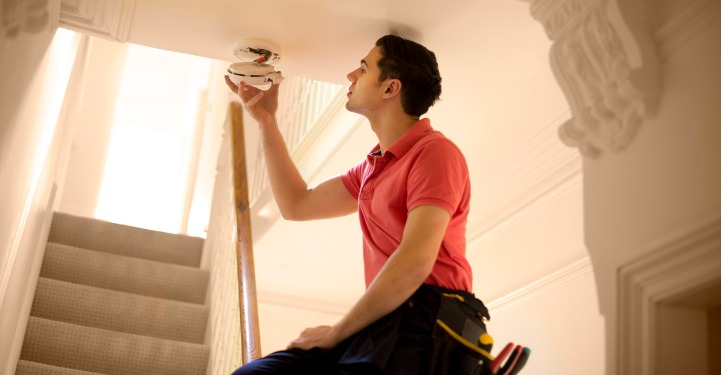Buying and owning a home is one of the biggest decisions and purchases that families make. A home can be an investment that creates long-term wealth that can be passed down from generation to generation.
Beyond regular maintenance, it is important that you are consistently going throughout your home to ensure that it is a safe one for family, friends and pets, if you have them. Here are five essential ways that you can protect yourself, your loved ones and your investment.
1. Where there’s smoke (and lint, and stoves) there’s fire
According to the National Fire Protection Association, a fire happens in a structure at the rate of one every 65 seconds.
It’s important to test all the smoke alarms in the home and replace the battery if needed or replace the unit altogether if its malfunctioning.
Locate your dryer’s exhaust and make sure its well ventilated and free of buildup. It’s recommended to clean the exhaust line and port once a year.
Lastly, have a fire extinguisher in the kitchen and near any sources that produce heat such as a fireplace or heater in rooms.
2. Keep hazardous materials on high shelves or locked away
Household cleaners, paint, gasoline and more can pose serious risks to families if not stored correctly. In 2021, poison call centers in the United States received over 2 million inquiries for guidance regarding human exposure to hazardous materials.
A good rule of thumb is to keep any materials that are for outdoor use in a shed located in the back yard that is protected from the elements and can be locked. Inside the home, store items such as bleach, ammonia or detergents on high shelves that adults can reach, or in cabinets with child-proof locks .
Also be careful with personal care products and medications.
3. Keep pools safe with a fence or covering
Home pools are meant to serve as an oasis and retreat during the hot summer months. But too often, they serve as stark reminders of the dangers that can be posed when they aren’t properly safeguarded.
If you do have a pool or are thinking about having one installed or buying a hot tub, it is a good idea to check for city and state laws regarding pool safety. Installing a fence around a pool does not have to be costly. There are many solutions for families to place temporary fencing, made of materials such as mesh that won’t be harmful to children or animals. Even if you do have a fenced yard, or pool that is enclosed with lockable doors, it is still a good idea to have fencing and a cover specifically for your pool.
4. Don’t get tripped up with floor hazards
Ever walk through your house and see that one thing on the floor that you know you should pick up but instead side-step and tell yourself you’ll get to it later? Maybe it’s a child’s toy, or a blanket someone has left behind. Either way, you know it’s there and someone should pick it up.
Although you, or someone else, may have walked around it this time, another person might not be as lucky. Falling in and around the home can lead to serious injury or worse.
Pick up any items that are in walkways, near gathering or standing areas and in rooms. Place toys, blankets and other items in baskets or containers that can be put in the corner of a room or in the closet.
Use non-slip floor mats in areas like the bathroom, kitchen and on stairs, and illuminate walkways at night with adhesive or plug-in night lights.
5. Check your insurance
One of the last places people think to fortify their home is with insurance. Not only does Westwood provide homeowners insurance that can give you peace of mind in the event of an emergency, but there are products such as umbrella insurance that can cover you for things that may not fall under your typical home insurance. Talk to a Westwood agent today to find out more.
Please Note: This article is for general informational and educational purposes only. It does not represent any specific insurance policy and does not modify any provisions, limitations, or exclusions of any current policy.





